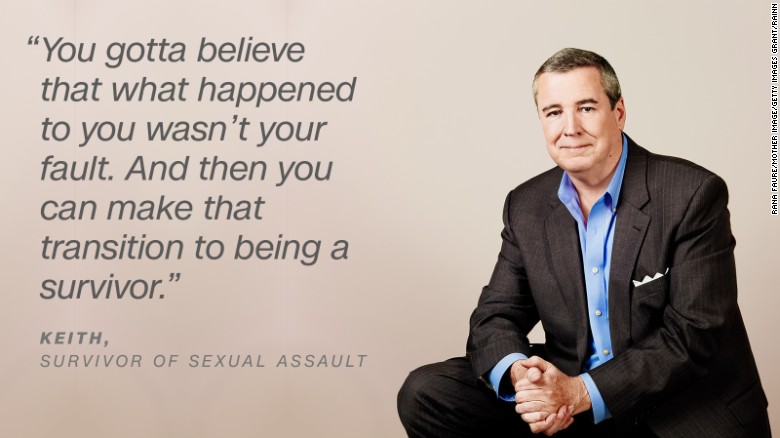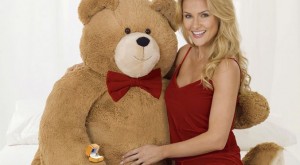Since some of our recent class presentations, I had been thinking about the line between women feeling confident and unrestricted about their bodies, but also only having a small range of body types that we typically see on social media with this type of #empowerment. Is it really empowered if only young women with small waists and large breasts/butts get to flaunt it? And, does being celebrated for their bodies yet again direct attention to “appearance matters” as a more important sign of value than their actual capabilities and character?
The New York Post recently ran an editorial on the Kim Kardashian naked selfies that stated, “Whenever a woman suggests, explicitly or implicitly, that her worth or value or power comes from her appearance, she loses. Women everywhere lose. And feminism, the kind that taught that a woman’s life is not about her body, loses, too.”
On the other hand, if we had more men, women, and people who are intersexed of all ages, shapes, sizes, and gender identities posting, and those people were celebrated instead of shamed, then perhaps the whole idea of “appearance matters” would lose it power for women. Because if everyone’s appearance was considered one of many interesting and unique parts of who they are, then we could celebrate the whole person.
Check out this Tumblr #redefiningrealness that is trying to do exactly this! I’d love to see that get as much attention as Kim Kardashian.
What do you think?




